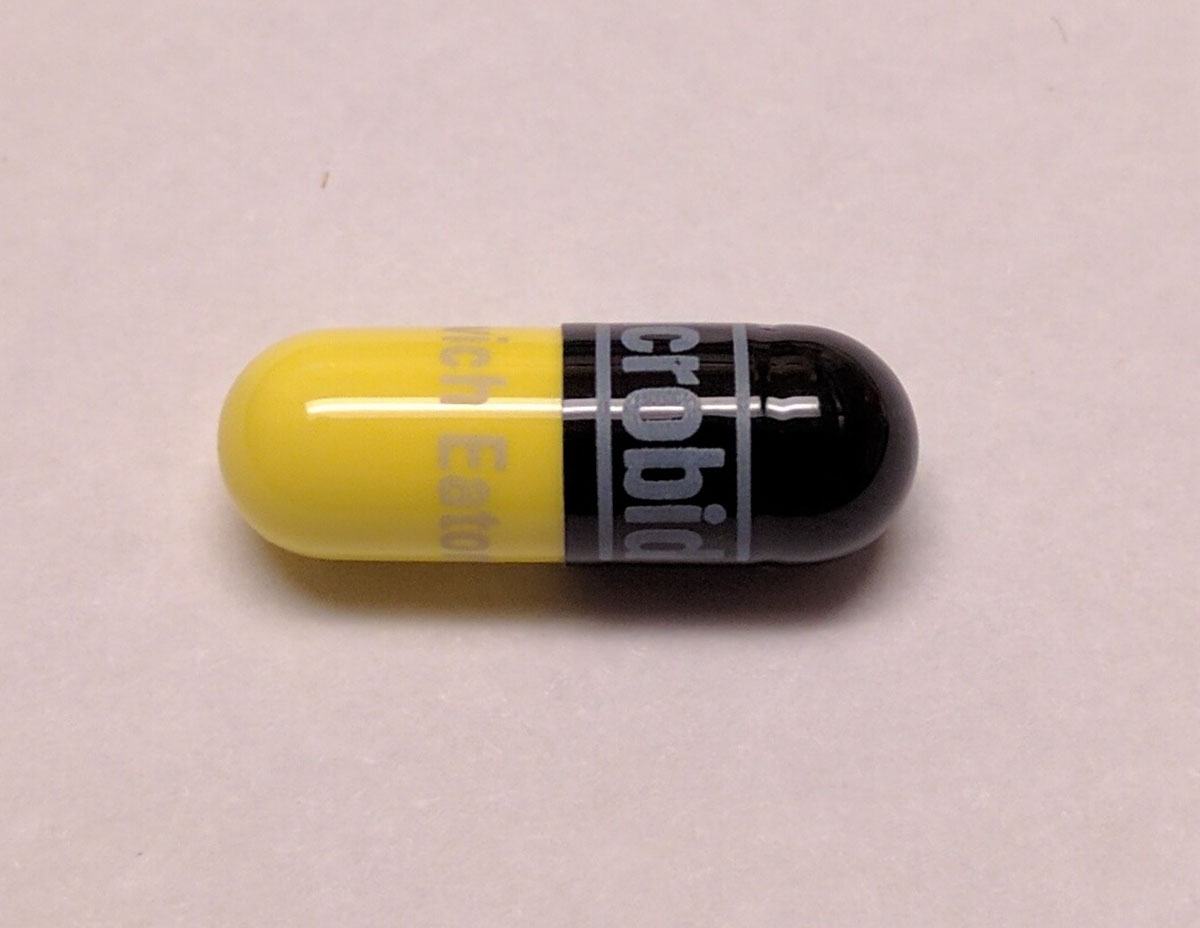
Macrodantin is containing nitrofuranotin as the active ingredient. It is also known as Furadantin, Macrobid, Macrodantin, Nitrofur Mac, Nitro Macro, and Urantoin. This antibiotic is used to treat urinary infections, often caused by bacteria called
Escherichia Coli.
Inform your doctor of all the medicines you have been using, including OTC, supplements and herbal preparations. Allergies, pregnancy, breast feeding, any kidney, liver or nerve problems should be reported to the doctor, as well as diabetes, anemia, porphyria, G6PD (glucose-6-phosphate dehydrogenase) deficiency or low blood levels of vitamins B.
When to Avoid Macrodantin
Macrodantin should not be used in cases of:
allergy to this medication pregnancy (more than 38 weeks) or at childbirth kidney problems liver problems or if Macrodantin caused yellowing of the skin and/or eyes children under 1 monthSide Effects
The crystalline form of the medication (Furadantin) is known to cause nausea, vomiting, diarrhea and abdominal pain. Patients are advised to rake the drug with some food and in cases of intolerance to Furadantin, many of them were switched to Macrodantin. Rarely, Macrodantin causes pancreatitis, parotitis, inflammation of salivary glands and pseudomembranous colitis.
Macrodantine affects the liver, possibly causing jaundice, hepatitis or hepatic necrosis, increasing the liver enzymes and bilirubin. This drug is responsible for increased levels of phosphorus and some enzymes shown in the blood tests (like alkaline phosphatase, creatine phosphokinase and lactate dehydrogenase).
Acute respiratory problems include hypersensitivity, eosinophilia, and some patients have severe problems, like alveolar infiltrate. Chronic side effects are more serious and take place after 6 months of Macrodantin use. There were cases of interstitial fibrosis, which is usually reversible but could lead to death.
While using Macrodantin patients reported signs of pulmonary toxicity, both acute and chronic: dyspnea, fever, chills, cough, tiredness, etc. Some lung problems are associated with changes in EKG (electrocardiogram).
Patients might be hypersensitive to this medication, having skin reactions, lupus-like syndrome, anaphylaxis, fever, chills and pain in joints and muscles. Skin reactions may include exfoliative dermatitis, erythema multiforme and Stevens-Johnson syndrome.
Patients on Macrodantin experienced headache, dizziness, paresthesias and peripheral neuropathy (rarely severe cases of this condition or death). Older patients and those with kidney problems, anemia, diabetes or vitamin B12 deficiency are at the higher risk of developing serious peripheral neuropathy.
Macrodantin is affecting the blood, leading to anemias, eosinophilia, leukopenia, agranulocytosis, granulocytopenia, cyanosis and decreased hemoglobin.
This drug may cause eye problems, mainly amblyopia, diplopia, nystagmus, and optic neuritis, and after a long term use of macrodantin - retinopathy.
Macrodantin rarely affects kidneys, causing the dark color of urine.
Medication is rarely responsible for the psychiatric side effects, like depression or psychosis.
Interactions
Macrodantin may react with some medications, causing side effects. Sulfinpyrazone and probenecid may interact with Macrodantine and decrease its therapeutic effect.




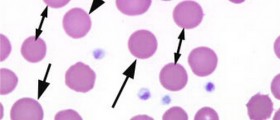




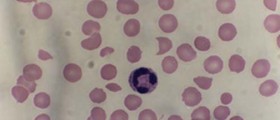



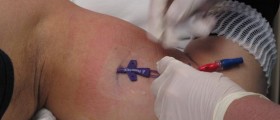
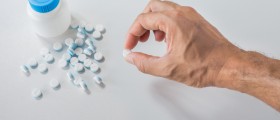


Your thoughts on this
Loading...